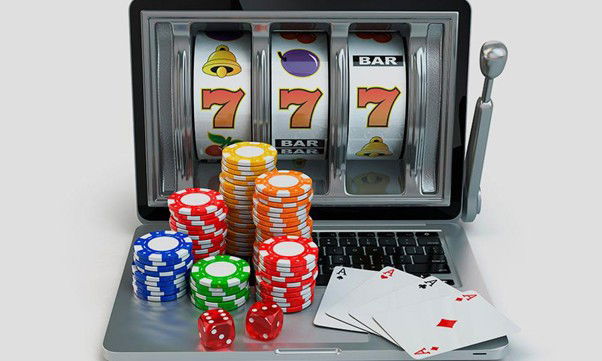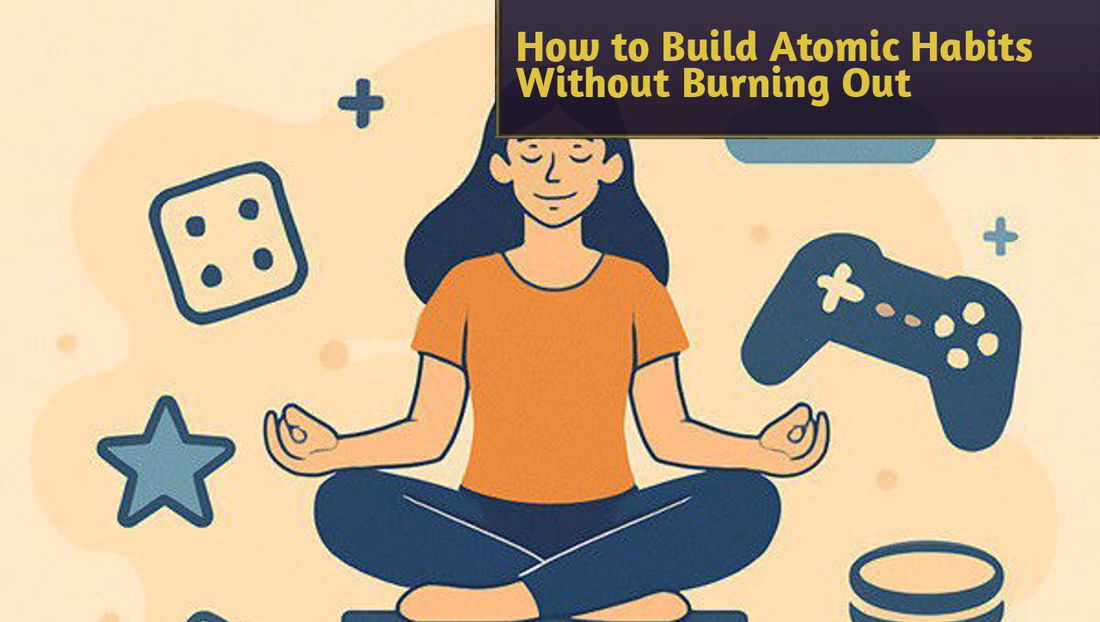Today, thanks to the development of online technologies, access to them has become as simple as possible, which has significantly expanded the audience of players. However, with the rise in popularity comes a relevant problem: how to maintain a balance between an interest in card games and gambling addiction? Why can an ordinary hobby imperceptibly turn into a serious problem, and what helps players avoid this dangerous line? In our article, we will look at how card games have become part of Europeans’ lives, and what influences the maintenance of a healthy attitude towards this type of leisure.
We thank the Nove Casino team for their assistance in preparing this article. They provided us with useful information and shared their own experience working with gamblers in Europe. If you are interested in a trusted Slovak online casino 2025, we recommend visiting the Nove Casino website, where you will find detailed reviews and up-to-date ratings of the best online casinos for European players.
Card Games in Europe: From Tradition to Online Gaming
Card games appeared in Europe as early as the 14th century, arriving from the East, and quickly became popular among both aristocracy and ordinary townsfolk. Over several centuries, card games ceased to be merely entertainment for the nobility and turned into a mass hobby that covered almost all layers of society.
Traditional card games such as poker, bridge and blackjack have a rich history. Poker originated in 16th-century Germany as a game called “Pochen”, then spread to France (“Poque”) and later transformed into its modern version in the USA. Bridge, in turn, began in the 19th century and became especially popular in Great Britain, becoming part of its cultural heritage. Blackjack, originally known as “vingt-et-un” (twenty-one), originated in France in the 17th century and gained worldwide popularity thanks to its simple rules and excitement.
The Rise in Popularity of Online Card Games
The last 20 years have been pivotal in the history of card games in Europe: the internet revolution moved gambling entertainment from casinos and clubs to computer and smartphone screens. According to a report by the European Gaming and Betting Association (EGBA), in 2024 about 35% of all gambling entertainment in Europe was accounted for by online card games and poker rooms. The number of active online players by 2025 exceeded 25 million people.
Modern European players prefer well-known platforms such as PokerStars, 888Poker, partypoker and GG Poker, which offer tournaments with huge prize pools and user-friendly interfaces. Mobile applications and integration of new technologies such as blockchain and cryptocurrencies also play an important role, making the gaming process even simpler and more convenient.
The last 20 years have been pivotal in the history of card games in Europe: the internet revolution moved gambling entertainment from casinos and clubs to computer and smartphone screens. According to a report by the European Gaming and Betting Association (EGBA), in 2024 about 35% of all gambling entertainment in Europe was accounted for by online card games and poker rooms. The number of active online players by 2025 exceeded 25 million people.
The Psychology of a Card Player: From Entertainment to Risk
Why do Europeans start playing cards online? The answers to this question can be divided into several categories. Firstly, it is the desire to have fun and distract oneself from everyday problems: card games provide emotions and allow one to spend time in pleasant company, even virtually. Secondly, many come to online gaming because of excitement and the desire to earn money. Some see playing cards as an opportunity for quick earnings, which can become the first step towards problem gambling.
The Line Between Hobby and Gambling Addiction
European psychologists and sociologists note that the line between healthy enthusiasm and gambling addiction is very thin and almost invisible. According to data from GambleAware (the British gambling research foundation), about 3% of all European online players show signs of gambling addiction.
Signs that an interest in card games is turning into an addiction:
● The player starts spending more money on the game than originally planned.
● The amount of time spent playing increases, to the detriment of work or personal life.
● An uncontrollable urge to chase losses appears after losing.
● A person becomes irritable or aggressive when unable to play.
● Attempts are made to hide real expenses on card games from close ones.
European countries are actively working on the prevention of gambling addiction, using both legislative measures and educational programmes for players. However, ultimate responsibility always lies with the player themselves, and it is precisely awareness in gaming that is the key to a healthy balance between hobby and excitement.
European legislation and gambling regulation

Gambling regulation in Europe is characterised by significant diversity. The European Union does not have unified legislation in the field of gambling, so each country independently sets rules for operators and players. As a result, there is a varied picture ranging from extremely strict legislative systems to rather liberal approaches.
The strictest gambling legislation operates in countries such as Norway and Poland. For example, Norway has a state monopoly on gambling — Norsk Tipping. In Poland, online gaming is regulated extremely strictly, and access to foreign sites is blocked by the government.
On the other hand, countries with a liberal approach, such as Malta and the United Kingdom, Czechia or Slovakia, provide broader opportunities for both players and operators. For example, Malta is considered the largest European hub for online gaming. The United Kingdom is focused on the local market, but its licence is respected in other countries as well. Slovak and Czech casino are also required to comply with strict state control, but any international operator can obtain a licence in this country.
However, foreign casinos for Slovaks, Czechs, Hungarians, Irish, and residents of other European countries still remain very popular, as the playing conditions are often more advantageous and varied compared to local operators.
How players maintain balance: personal strategies
Professional players in Europe often emphasise that the key to long-term success and balance is clear bankroll management (gaming budget). Many European poker experts, such as Lex Veldhuis and Patrik Antonius, recommend adhering to strict capital management rules.
Effective bankroll management methods include:
● Determining a fixed amount intended exclusively for play.
● Careful calculation of maximum bet depending on bankroll size (for example, no more than 2-5% of the total amount).
● Separating winnings from the initial budget: winnings should be set aside separately and not used immediately for betting.
Experienced players advise beginners to treat their gaming bankroll as an investment that should be managed rationally and as consciously as possible.
Setting time limits and restrictions
Limiting time spent playing is no less important a part of personal strategy for maintaining balance. European players are increasingly using specialised apps and platform features to control their gaming sessions.
Popular tools and apps:
● BetBlocker and Gamban — apps that allow you to block access to online casinos and card platforms for a set period.
● Built-in notification systems on operator websites that signal when the set time limit has been reached.
Real-life examples confirm the effectiveness of such methods. One well-known British player, James Atkinson, admitted that through regular use of the “Reality Check” feature he was able to reduce his daily time spent on online games from 4 hours to 1 hour, which had a positive effect on his emotional state and budget.
Social aspects of card games
Social environment plays a crucial role in whether a person is able to maintain a healthy balance between hobbies and gambling. Support from family and friends helps players to recognise their own limits and stop in good time. On the other hand, an environment that encourages excessive involvement in gambling significantly increases the risk of addiction.
European researchers emphasise the importance of online communities and forums for sharing experiences and providing support to players. Platforms such as Reddit, specialised poker room forums, or Discord groups help both newcomers and experienced players to discuss their strategies, set boundaries, and receive psychological assistance at the first signs of addiction. The community becomes not just a place for exchanging opinions, but also a powerful network of mutual support.
Examples of social initiatives to combat problem gambling
Across Europe, there are a range of social initiatives aimed at preventing and tackling gambling addiction. The most well-known among them are:
● GambleAware (United Kingdom) — an organisation actively engaged in disseminating information about the risks of gambling, offering counselling, and supporting problem gamblers.
● BeGambleAware Week — an annual British initiative held in cooperation with bookmakers and operators, which focuses attention on a responsible approach to gambling.
● Responsible Gaming Foundation (Malta) — a platform working directly with operators to implement standards of responsible gaming.
Social networks such as Instagram, Facebook, and YouTube also play a huge role in promoting ideas of responsible gambling. Social media campaigns featuring well-known European players and celebrities raise awareness about the risks associated with gambling and popularise a healthy approach to gaming.

Conclusion
The balance between card games as a hobby and the risk of addiction is a matter of personal awareness, social support, and sensible legislative regulation. European countries demonstrate diverse approaches and successfully implement mechanisms that help players maintain this balance.
We recommend that players strictly monitor their gaming behaviour, set clear financial and time limits, and make use of community support and specialised tools.
A conscious approach to card games is important not only for the players themselves but also for society as a whole. The greater the responsibility and awareness of each player, the lower the risk of negative consequences from gambling, which has a positive effect on public health and quality of life.






— commentaires 0
Soyez le premier à commenter